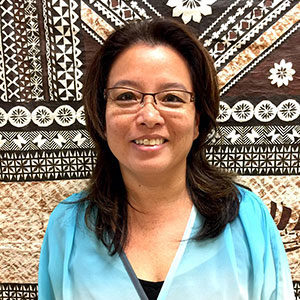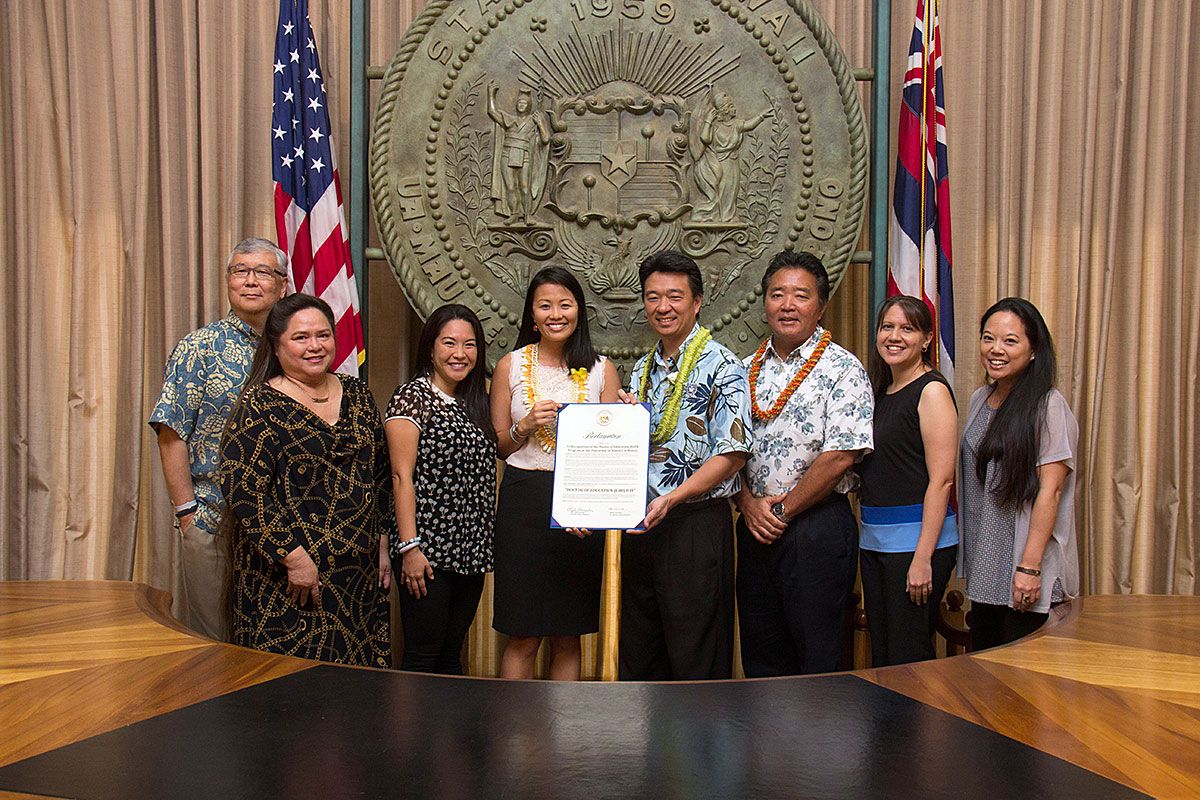Doctorate in Education in Professional Educational Practice
The Doctorate in Education in Professional Educational Practice (EdD), is in line with the call from the American Educational Research Association (AERA) to offer advanced degrees in professional practice that are distinct from doctoral research degrees in education. These advanced degree EdD programs are aimed at preparing professionals for leadership roles through application of research, assessment, and evaluation in education settings.
The EdD is in line with reforms to doctoral education advocated by the Carnegie Foundation for the Advancement of Teaching and the following organizations:
- the Council of Academic Deans of Research Education Institutions (CADREI)
- the American Association of Colleges of Teacher Education (AACTE)
- the American Educational Research Association (AERA)
- the University Council on Educational Administration (UCEA),
- and leading experts in the field.
The EdD is a WASC accredited doctoral degree program and envisions for program graduates to become educational leaders who work collaboratively, apply research and theory, reflect critically and ethically, and utilize broad, interdisciplinary perspectives to recognize, create, advocate, implement, evaluate, and enhance spaces of our most vulnerable student populations across Hawaiʻi and beyond.
Who should consider this program
The program invites educational (P-20) and community leaders who are seeking a doctorate that advances initiatives to improve the lives of learners.
The next Cohort (VI) is tentatively set to begin in June 2027.
Common Careers
Principals, Vice Principals, Heads of School, District Superintendents, Higher Education Administrators, University Faculty
Admission Requirements
-
Applicants must have graduated, or will graduate, from a UHM recognized, accredited, master’s degree program
or equivalent prior to beginning the Professional Ed Practice EdD program.
-
Ed.D. students are expected to have at least five years of educational leadership experience before starting
their doctoral studies.
-
A transcript from each post-secondary institution attended.
-
You are required to create a 3 minute video as part of your application.
-
You are required to write a Letter of Application as part of your application. (The Department views the Statement of Objectives as highly important. Applicants are encouraged to produce a well-considered and compelling narrative that clearly articulates how the degree program can support and advance one's professional and personal goals.)
-
Your resumé or CV.
-
Submit an academic writing sample of no more than 1,000 words.
-
Three (3) letters of recommendation
-
Applicants who are not native English speakers may need to take the TOEFL or IELTS, or Duolingo (Academic) tests.
For more information view the Graduate Division website.
-
International students that have been admitted are required to submit a copy of their Identification documents (i.e. Passport or Identification Card)
-
International applicants need to show proof of sufficient funding to cover all educational and living expenses
How to Apply
Application Deadlines
| Starting Semester |
General Admission |
International Students Admission |
| Summer |
November 1 |
November 1 |
Note: Next admission is for Summer 2027. Applications will open in Fall 2026 (August 4 – November 1, 2026).
How to Apply
Delivery
This is a cohorted program that admits one cohort per cycle – every three years. The next cohort will be admitted for in Summer 2027. The program meets Saturdays at UH Manoa during the semester and for several weeks during the summer. Field work is required of all students.
Coursework
The EdD at the College of Education will be accessible to qualified candidates across the state, and require approximately sixty-four semester hours of credit spread over three years of study. Students will be organized in cohorts to encourage collaboration on projects. Instruction will be conducted in a combination of:
- Face-to-face coursework during the summer, fall, and spring semesters at UH Manoa (50%)
- Participation in field-based projects during fall and spring semesters (50%)
Tuition & Funding
Students enrolled in the EdD in Professional Practice program will be assessed a tuition of $701 per credit for residents. Program costs may change and are associated with the official tuition schedule. In addition, there are costs associated with books, software, travel, and other incidentals.
There are many resources available to help graduate students pay for college, including College of Education scholarships. There are also several scholarships listed generally through the STAR website (please note that this is only accessible to students with a valid UH ID number – must be admitted as a student prior to looking for scholarships on this site) and the Financial Support section of the Graduate Division website. For more information on financial aid and additional resources, please visit the UH Mānoa Financial Aid Office (finaid@hawaii.edu).
*UH Employee tuition waiver benefits will not be accepted for this program.
Planning Principles Guiding the EdD Degree
The following Carnegie Project on the Education Doctorate (CPED) guiding principles of program design have helped to guide the planning for the EdD Degree:
Principle 1: Addresses questions of equity, ethics, and social justice.
Principle 2: Prepares leaders who can construct and apply knowledge to make a positive difference in the lives of individuals, families, organizations, and communities.
Principle 3: Develops and demonstrates collaboration and communication skills to work with diverse communities and to build partnerships.
Principle 4: Provides field-based opportunities to analyze problems of practice and use multiple frames to develop meaningful solutions.
Principle 5: Integrates practical and research knowledge with theory and systemic and systematic inquiry.
Principle 6: Emphasizes the generation, transformation, and application of professional knowledge and practice.


